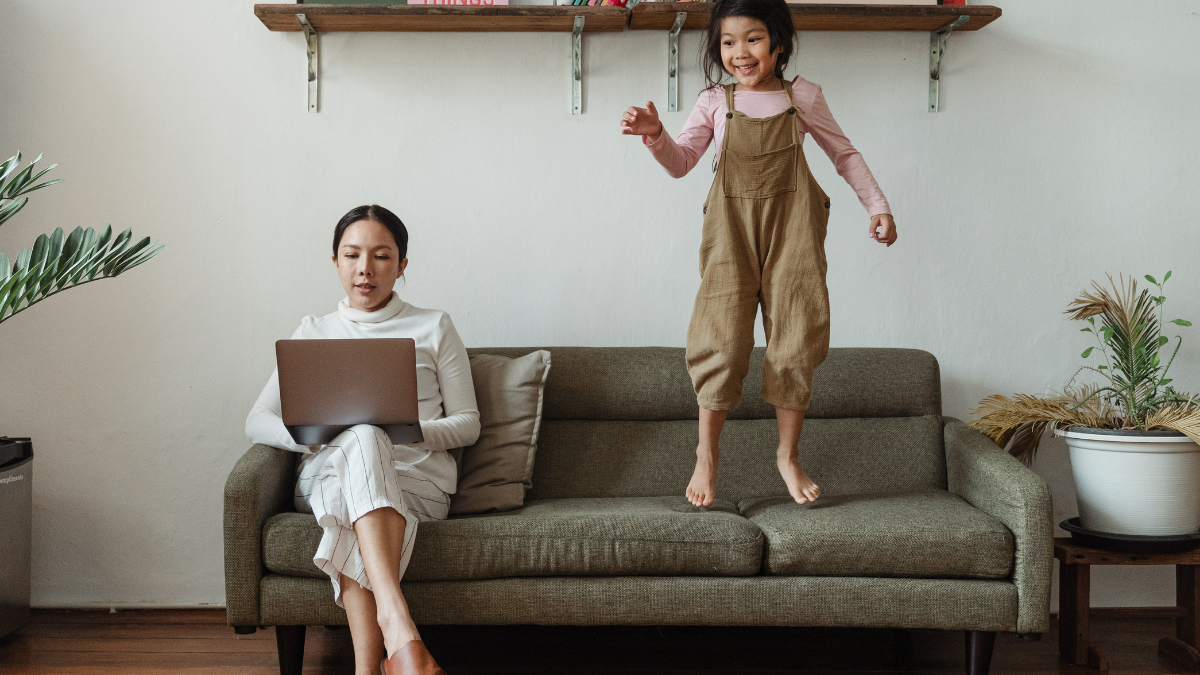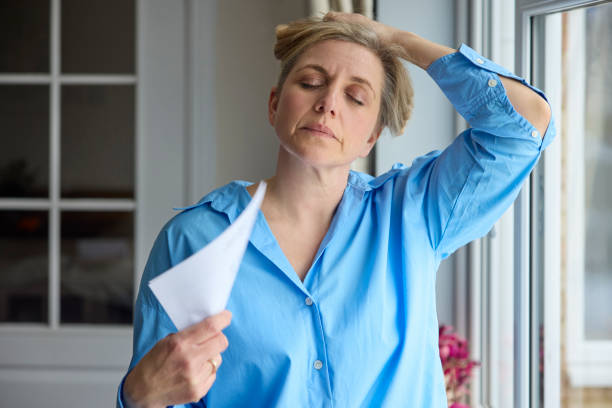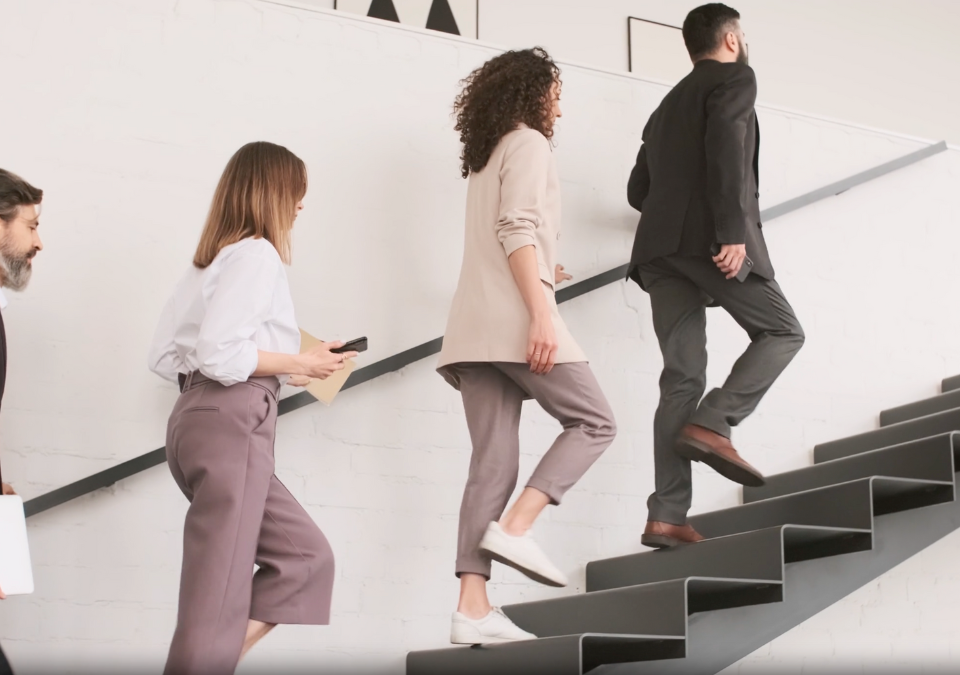How to work from home with primary school-aged kids
Guilty. Overwhelmed. Exhausted. Overworked. If you’re experiencing any of these emotions, it’s not surprising. Research conducted by the University of Melbourne has found that one quarter of the almost 1.5 million working parents with kids aged between five and 11 are experiencing high levels of mental distress. And these figures were based on research from last year, before many of us across Australia were plunged into lockdown.
Even if you’re used to working at home, you may not be used to sharing your workspace with your partner and kids or managing the multiple interruptions that come with primary-aged kids learning remotely. Given the highly infectious Delta strain’s impact our on cities schools, we spoke to Dr Eleanor De Ath-Miller, a Senior Consultant and Clinical Neuropsychologist here at Transitioning Well for her tips to managing in lockdown. Eleanor is a parent to two primary-aged kids and living and working through Melbourne’s now six lockdowns – if anyone gets it, it’s Eleanor.
Create (a loose) structure
Most kids (even the younger ones) benefit from preparation and planning each day. This also helps with creating a vague structure, which we are all missing at the moment.
Think about practical discussions with kids in terms of ‘consultations’. Do you like a manager telling you exactly what to do and when and how? Neither do (even the youngest) kids!
The more children feel they’ve been heard and are part of the solution, the more they tend to manage better. (Ros Greene’s Collaborative Proactive Solutions model is excellent for ways to work with our kids).
At breakfast, try having a chat that guides kids to think about the day in terms of three ‘columns’. Essential kids activities (including school), essential adult activities (including work and household activities), then a third where you pop in extras (e.g., things the kids want to do and some physical activity so that everyone moves a bit during the day).
- This is what we all need to do today…
- What do you want to do today after school is done?
- This is what I need to do today after school is done.
- How can we make a plan so we all get some things we want, even though we can’t do everything we want?
- Write this down – even better, get the kids to write it or decorate it.
Consider the traffic light system
Try using the traffic light system to minimise disruptions during the day. My kids aged 7 and 9 have grasped this (most of the time!) when we are working at home. Note: most kids under 7 can’t manage this easily.
- The kids coloured in three sets of traffic lights, we laminated them (you don’t have to) and hung them on the hall side of the door.
- We then agreed with the kids on what the lights meant and ensured they had clear examples.
- We had Red = ‘this is no interruptions unless there is a real problem or someone is ‘hurt’ (in kid language, this meant ‘only for broken legs or vomiting!’), Orange = ‘this meeting can be interrupted but try and solve your issue first’ to Green = come and go as you please.
Build-in ‘yes days’
Have ‘yes days’ or ‘yes afternoons’ where the kids get to choose activities for the family within whatever restrictions you’re living in. They LOVE this and it helps them have a sense of control, even just for a while.
Prioritise one-on-one time
Juggling work responsibilities and parenting is hard, and you can feel torn in different directions and that you’re not succeeding in either. Though time is short, make space in your schedule (or weekend) for special time with kids 1:1 even if it’s just 10 minutes every couple of days. They choose an activity and you do that fully with no phone, no email, no interruptions.
Keep a close eye on kids’ sleep
It’s harder to keep routines in lockdown, and kids still need lots of sleep. Switch off screens at least an hour before bed to help the sleep hormones kick in naturally. Ensure kids are exercising every day to help them use pent-up energy, which will help them sleep better too.
Dr Eleanor De Ath-Miller
Eleanor is a registered Clinical Neuropsychologist with a Doctoral degree in Clinical Neuropsychology. She has a strong interest in the transition of working person to working parent, the psychology of positive, developmentally-informed parenting, and the ways organisations and communities can simultaneously foster both excellence and wellbeing.
COVID SUPPORT FOR YOUR TEAM
If you are looking for a creative way to connect your working parents and open up important wellbeing conversations, we recommend our 1-hour COVID-19 Wellness series delivered by our team of registered psychologists. Having delivered over 300 webinars since the start of COVID we are well placed to support your team. Click here to contact us and for more on our COVID-Wellness support.



